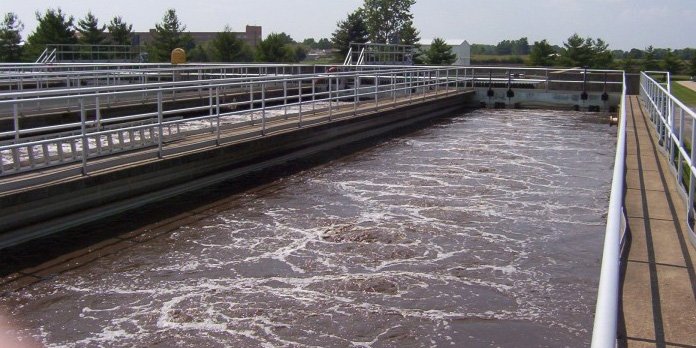Ethiopia has launched a new water supply and waste management system. The project, which aims to upgrade water supply, sanitation and waste management system in urban areas was launched in Wukro town of the Tigray State this past weekend.
As part of the One WASH Plus program, the system seeks to integrate innovative and resilient solutions. This is with a purpose to provide WASH services to 73,000 people, including 35,000 children under the age of 15.
The minister of Water Irrigation and Electricity Dr. Negash Wagasho said that the project is just in time as Ethiopia’s rapid urbanization and population growth has resulted in increased water stress in the country. As such, the project will help guarantee the sustainable development of rapidly growing towns in the country.
Also Read: Rwanda to get US $113,000 Sanitation and central sewerage system
So far, the UK stands out as the largest bilateral donor in the Ethiopian WASH sector. Dr Rogg, Head of UK’s Department for International Development in Ethiopia said he is hopeful the progress in Wukro can serve as an example to be emulated on a national scale.
The project’s impact is far reaching such that women and girls no longer have to walk long distances and spend many hours fetching water. Consequently, girls are able to attend school. Generally, the community has a drop in cases of disease outbreaks.
The project involved expanding the capacity of the town’s existing system to supply water to the town and five satellite villages. This will be integrated with a system for managing liquid sludge and waste. There will also be improvement of water and sanitation in institutions such as schools and health facilities.
Finally, it will ensure the establishment of a business model for managing the facility comprising the local administration and private operators.
The program, which began five years back has been benefited approximately 250,000 people in eight small towns and surrounding rural villages in Amhara, Oromia, Somali and Tigray states.

